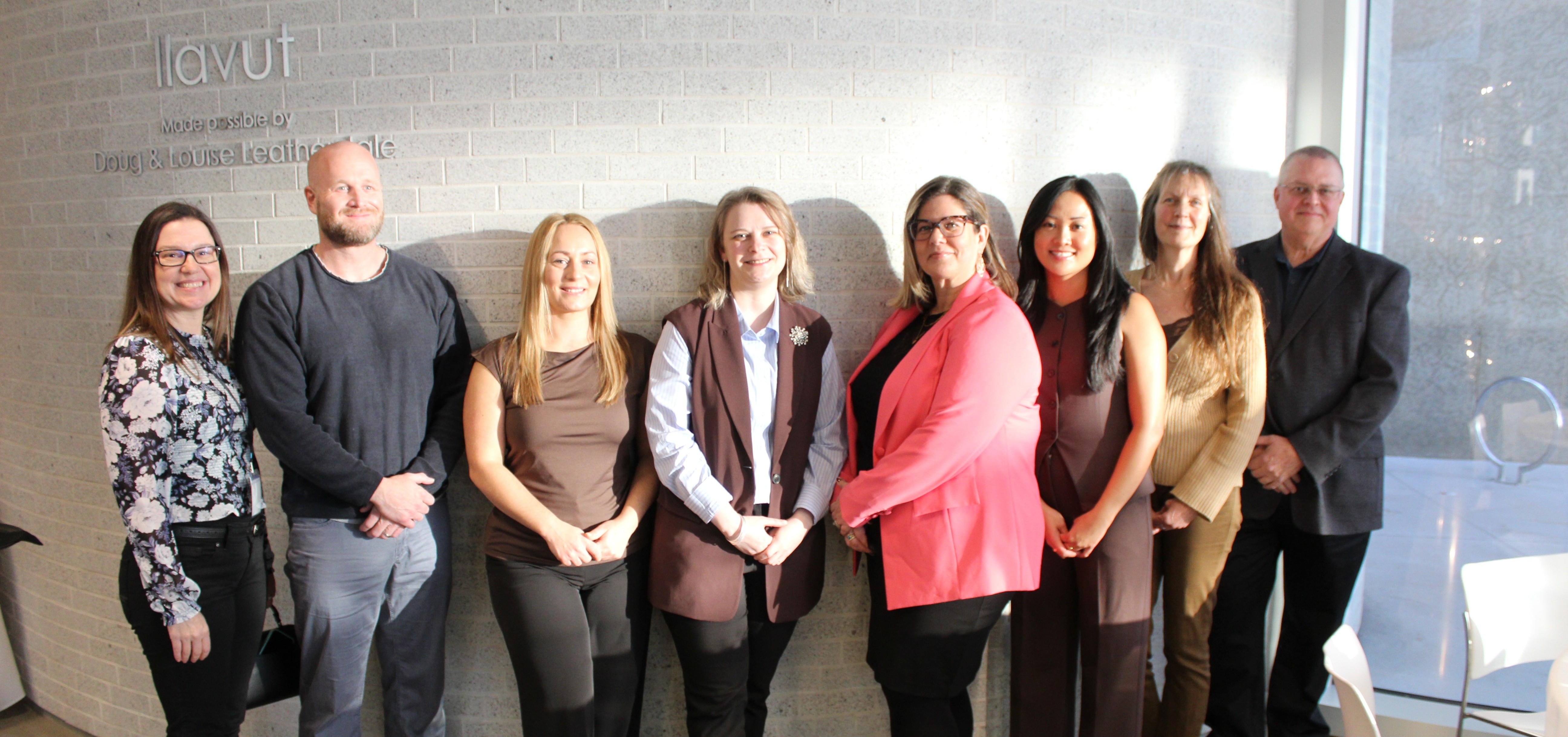During our customer-led session on International and Interdisciplinary Collaborations at ARMA 2025 in Edinburgh, Rachael Gibson (Research Governance Manager at the University of Salford) shared her perspective on navigating the complex terrain of international research collaboration with limited resources and rising regulatory expectations.
About the University of Salford
The University of Salford focuses on both research and knowledge exchange and is on a trajectory toward increased research intensity. A diverse portfolio with multiple centres of excellence and international collaborations requires Salford to manage several layers of compliance risk.
Challenges and Pain Points
Salford's international collaborations introduced a range of risks that were becoming harder to track and manage effectively using existing processes:
- Geopolitical Complexity: Regulations continue to evolve, with Rachael explaining that Trusted Research implications are shifting “from just weapons of mass destruction (WMDs) to broader foreign policy instruments”.
- Legacy Agreements and Informal Partnerships: Historic collaborations often lacked documentation or oversight, creating exposure.
- Limited Resourcing: The Trusted Research function is managed by a small team, covering 60-100 new research projects annually.
- Variable Risk Awareness: Differences in understanding and appetite for risk across faculties led to inconsistency in how projects were assessed.
- Training and Visibility Gaps: In an evolving compliance landscape, there were understandable knowledge gaps and a lack of clarity on how to identify and mitigate broader risk for researchers.
The challenge Salford came to Infonetica with was protecting the university’s reputation and research outputs while still enabling significant collaboration, all with minimal additional investment in personnel.
How Infonetica Is Helping
To address these challenges, Salford began using Infonetica Export Controls, bringing structure, transparency, and accountability to its research governance processes and went live with our system this year.
Key benefits include:
- Recordkeeping and Audit Trails: The system captures key decisions, communications, and actions in one place which is vital for responding to external audits or demonstrating compliance.
- Integrated Workflows: Through using both Infonetica Ethics and Infonetica Export Controls, integrated across our platform, Salford ensures that research risk management is embedded across the institution and helps researchers by reducing bureaucracy and the need for multiple systems.
- Unfunded Project Visibility: Many high-risk activities fall outside of formal funding routes. Infonetica helps surface these projects so they’re not missed in risk assessments.
- Training and Researcher Engagement: To supplement the use of Infonetica Export Controls, Salford have upskilled their team through training, at multiple levels, from PGRs to supervisors, and attending school congresses to provide direct guidance and answer questions.
- Due Diligence and Risk Mapping: Through complementing Infonetica’s solution with changes to their own in-house processes and training, Salford’s team are mapping risks based on partners, projects, and publications, helping pre-empt compliance issues before they escalate.
Next Steps
In her talk, Rachael set out Salford’s path for strengthening its Trusted Research capabilities further, including:
- Updating institutional policies to explicitly include FCDO-related compliance
- Using the Trusted Research Evaluation Framework to benchmark and improve performance
- Building stronger internal networks across IT, HR, and academic schools
The University of Salford exemplifies how smaller institutions can manage complex global research risk through using the right tools. By leveraging Infonetica Export Controls for visibility and auditability, Salford is building a strong foundation for secure research growth, without needing large compliance teams.


.jpg)


.jpg)










